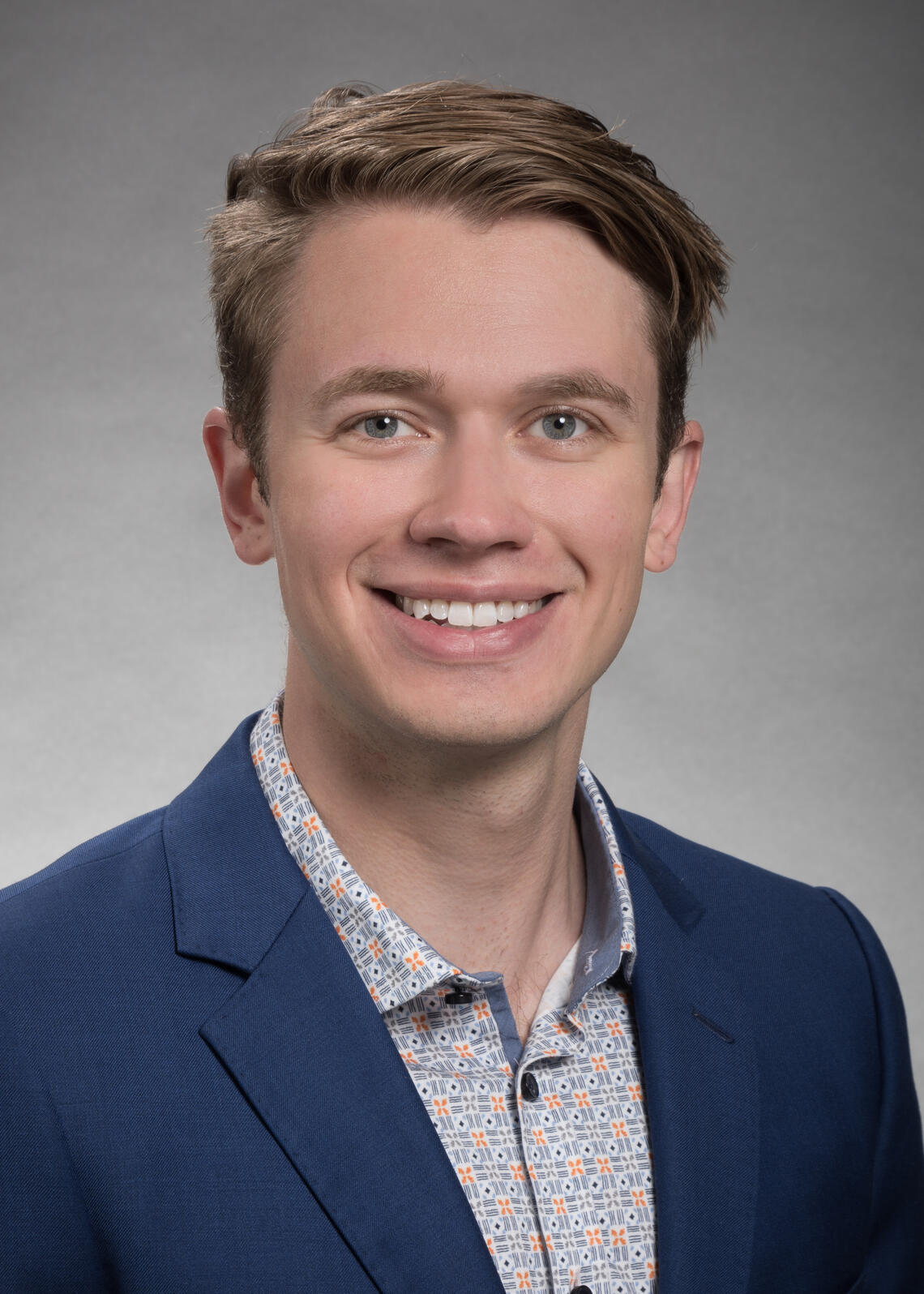BHSc Alumni Spotlight
Biomedical Sciences

Dr. Lorenzo Marcil, BHSc'17
Dentist
- BHSc Hons. - Biomedical Sciences - University of Calgary
- Doctor of Dental Medicine (DMD), McGill University
My degree really forced me to learn how to self study, being efficient at time management and organization, and learn how to understand research, and all of these are skills that I used in my following degree as well as so many aspects of daily living and work.
Dr. Lorenzo Marcil, BHSc'17
What is your favorite BHSc memory?
I have an incredibly vivid memory of working on a project with some classmates during a long weekend in the spring. It was a video about cell biology, and it must have taken 30 hours all weekend to shoot and edit, and it was hard work but it was so much fun. Lots of things about undergrad were hard work but I wouldn't trade it for anything. I haven't watched the video since we made it, so I have no idea if it is as good as my memory suggests, but in my head it was perfect. So either that memory, or playing pool in the Feasby lounge.
Looking back, what advice would you give yourself as a student?
One thing that took me a while to learn was how to be more outgoing and confident in myself. Academics are important, but it took me a good year or two before I really was able to start enjoying myself. There were so many things I was interested in, and once I just starting doing activities alone my world expanded and I grew so much as a person. So I would tell myself that from day one to go enjoy life, try new things, all the clubs that I eventually loved being a part of, I would join much earlier. I know it can be easy to be isolated at the Foothills campus, but making an effort to get involved over on main campus was the best thing I did in undergrad.
What is the best thing about your current job?
Flexibility. I love that about dentistry and I always have been. Really, however you want to practice, there is an opportunity for it. If you want to work yourself hard and learn as much as you can, the sky is the limit. If you want to take a more relaxed approach and use time for your family or hobbies, that's possible too. If there's a certain area of the field you like, focus on that and forget about the parts you dislike. You can own a practice (or two, or three) and maybe you just want to spend time managing people instead of doing clinical work. Maybe all you want to do is clinical work. You can work in private, you can work in public health clinics. There are studies saying the more control you can exert over your life the happier you are, and there is so much control you can have in dentistry.
How has your career evolved?
I did not think I would be living in the United States in undergrad (even though everyone will attest to my love of the Seattle Seahawks), and I definitely was averse to working in a hospital setting when I was a student, but after I graduated from dental school I did a hospital based program at the University of Washington. It's an area of practice I did not expect to enjoy and I do like treating people with severe illness or disability. Going forward I expect to involve some of that passion as I go back to school to be a specialist, and I was not sure I wanted to specialize when I was first entering the field. I also did not expect to love living in Seattle as much as I do, and I continue to work there for the time being; also I get to see so many more Seahawks games so that doesn't hurt.
How did your BHSc degree help you get to where you are now/current career?
My degree really forced me to learn how to self study, being efficient at time management and organization, and learn how to understand research, and all of these are skills that I used in my following degree as well as so many aspects of daily living and work. It also exposed me to many things that I like and things I dislike, which I think informed my career decision quite a bit (ex. I like clinical work and I dislike laboratory science). BHSc allowed me to travel to China as part of the collaboration with Harbin Medical University, which brought with it so many fascinating experiences. Most importantly, there is a sense of camaraderie amongst the students because it is a small program, and that community allowed me to achieve so much. As they say: if you want fast go alone, if you want to go far go together.
What is the best piece of advice you have received during your career journey?
My dentist (who served as a role model) told me to always remember why you got into your field in the first place. Most people say because they want to help the community or improve peoples lives, and to try and live that out every day. Not to be disillusioned or swayed by bureaucracy or field by greed. I think about this a lot, as I can feel pretty disillusioned at times, or feel unclear in what I am supposed to do in a greater sense.
